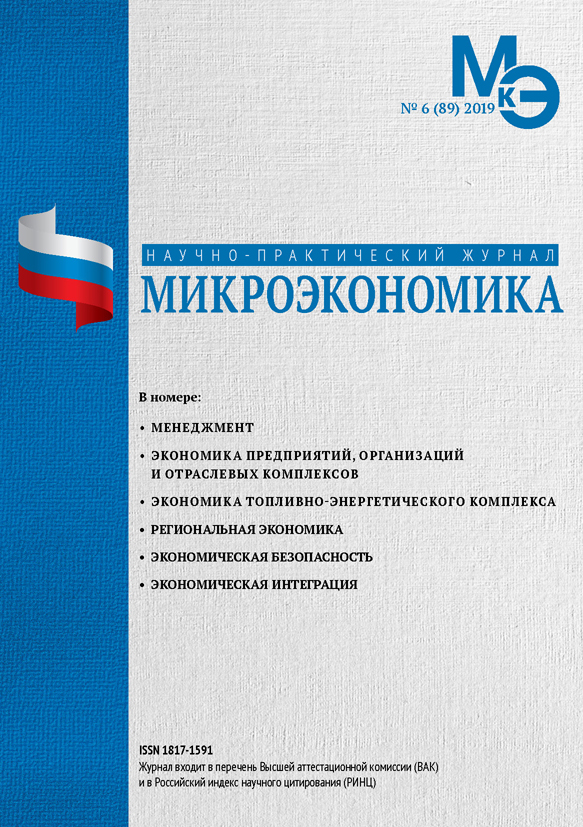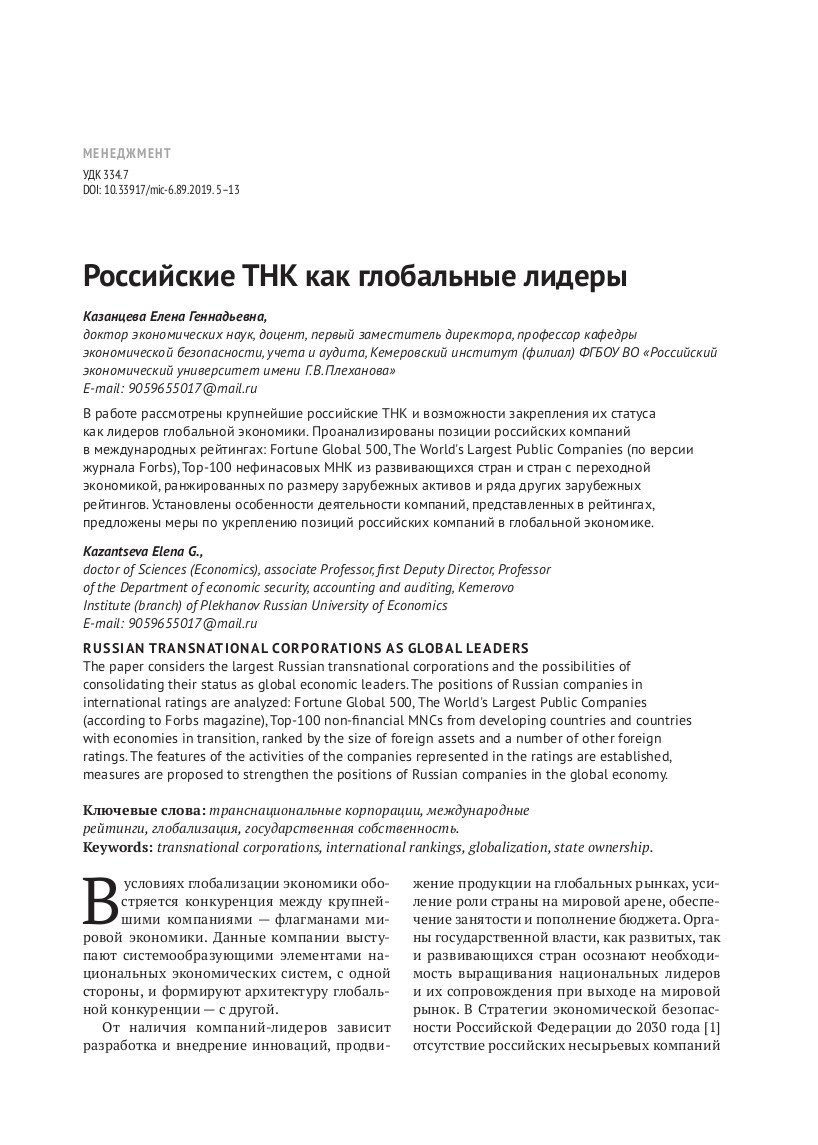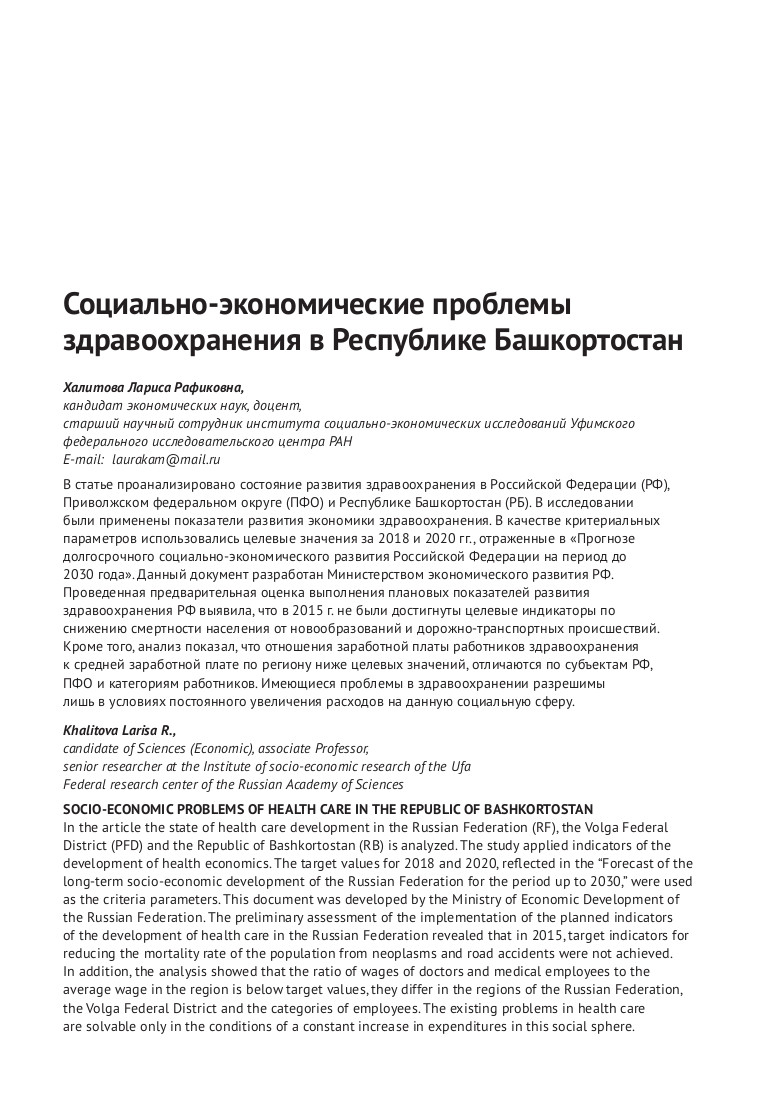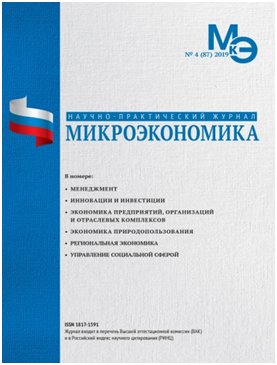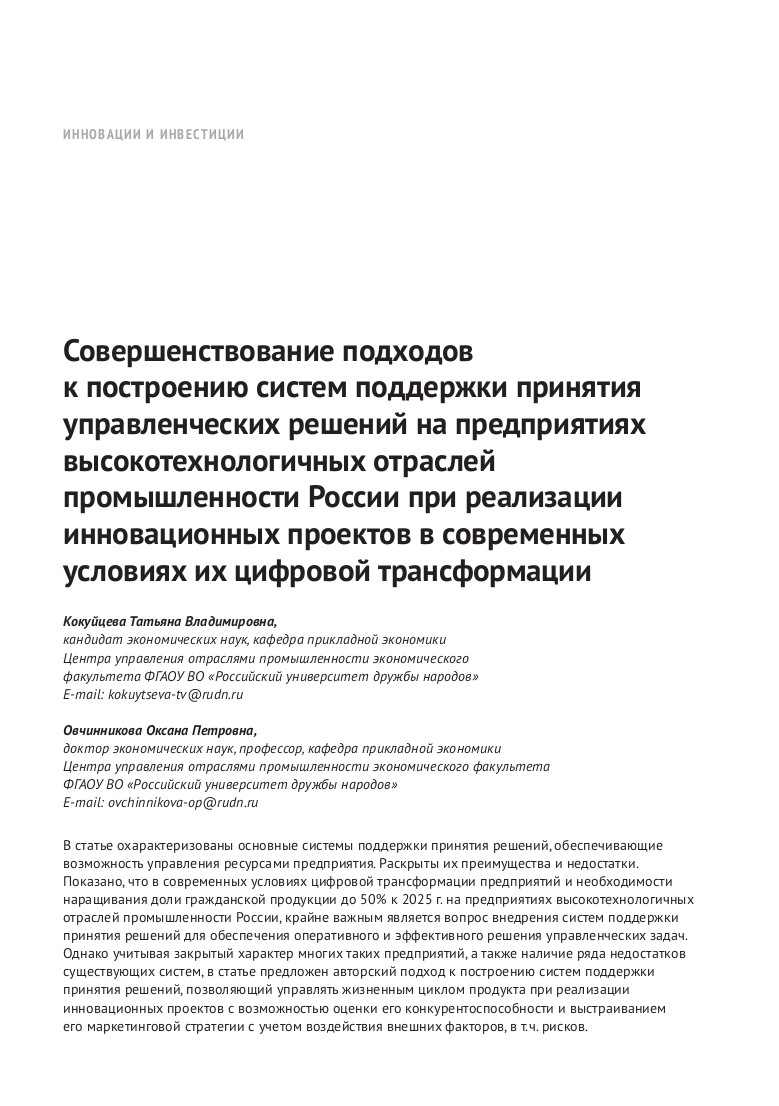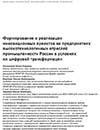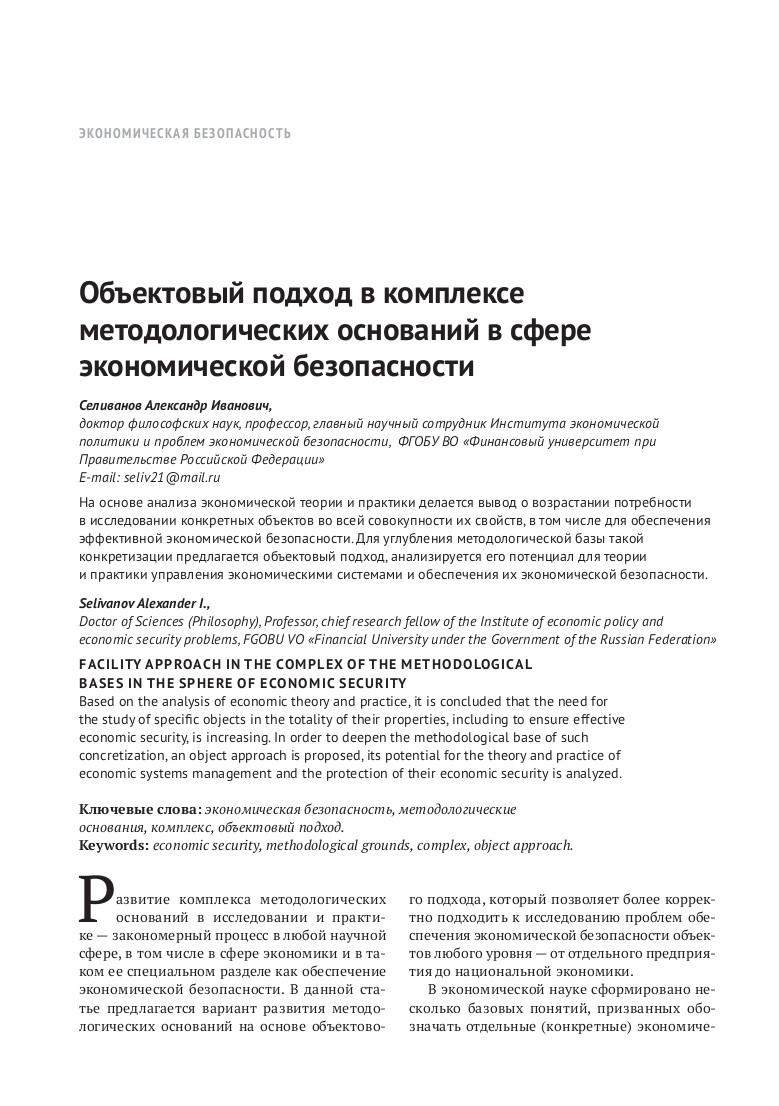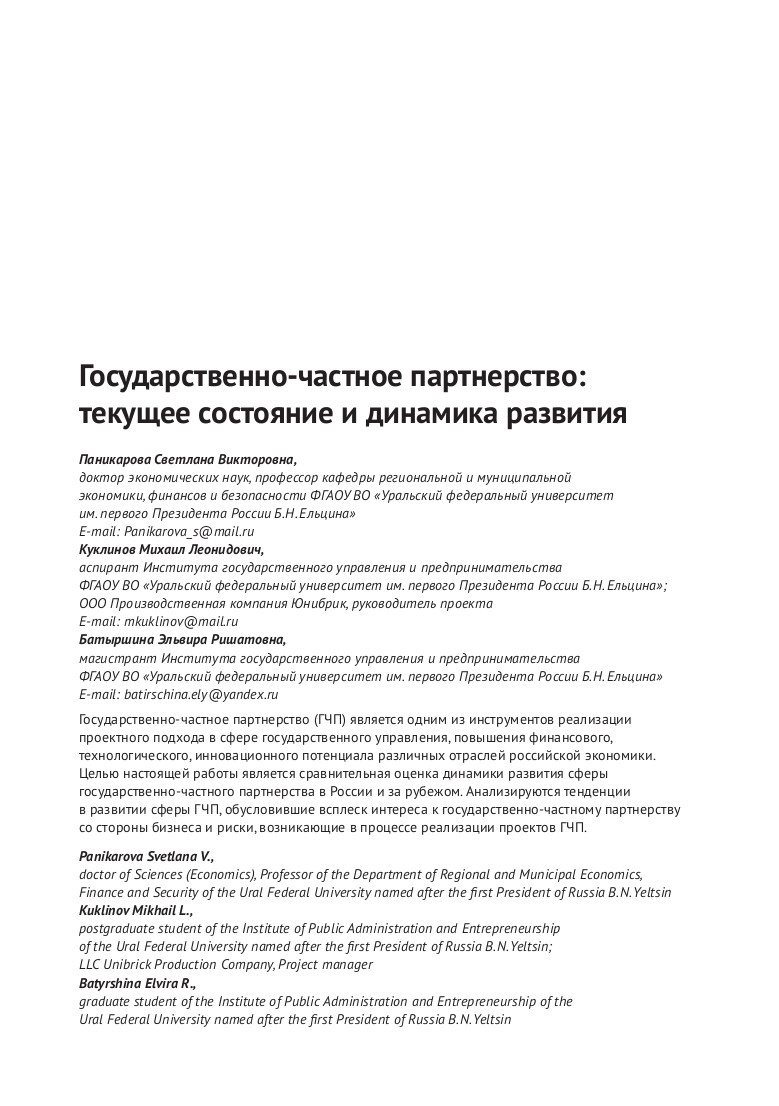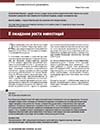Keywords: ,
,
,
,
,
,
,
,
DOI: 10.33917/es-8.166.2019.6-15
When you get acquainted with regional strategies, you see that their authors usually try to formulate several tasks that cover
all aspects of society. For example, increasing the region’s competitiveness or raising the level of culture, etc. Thus, attention is focused on a number of tasks that are actually subordinate to these two main tasks mentioned above. Each strategy is always focused on improving the living standards of the region’s population. But almost never we see inside the
strategy specific tasks to increase this region’s contribution to socio-economic development of the country. This contribution
doesn’t mean an increase in the specific gravity of the region, for example, in creating the country’s gross domestic product,
but usually it is much higher due to those industries and areas of specialization in which the region plays a major role.
Many consider it extremely important that each of these tasks, which they list in the usual regional strategy, be divided into
subtasks, and those, in turn, into smaller tasks. As a result, several dozen tasks of the region are formulated, which are usually not specifically applied to any large enterprise or organization of this region, but to the activity direction. For example, the task of developing physical education or improving the population’s nutrition, etc. is highlighted.
Such approach in terms of system analysis seems to be very important, but in fact it is quite formal. And this formality tends
to obscure analytics — the main method necessary for serious strategy development. Based on considerable experience in developing strategy of the Russian regions — Vladimir, Kostroma, Irkutsk regions and the Trans-Baikal Territory, St. Petersburg, as well as regional strategies for Kazakhstan — for the Kyzylorda region and the capital Akmola region, the author of the article proposes a methodology for developing the region’s strategy taking into account its contribution into the country’s socio-economic development
Продолжить чтение


